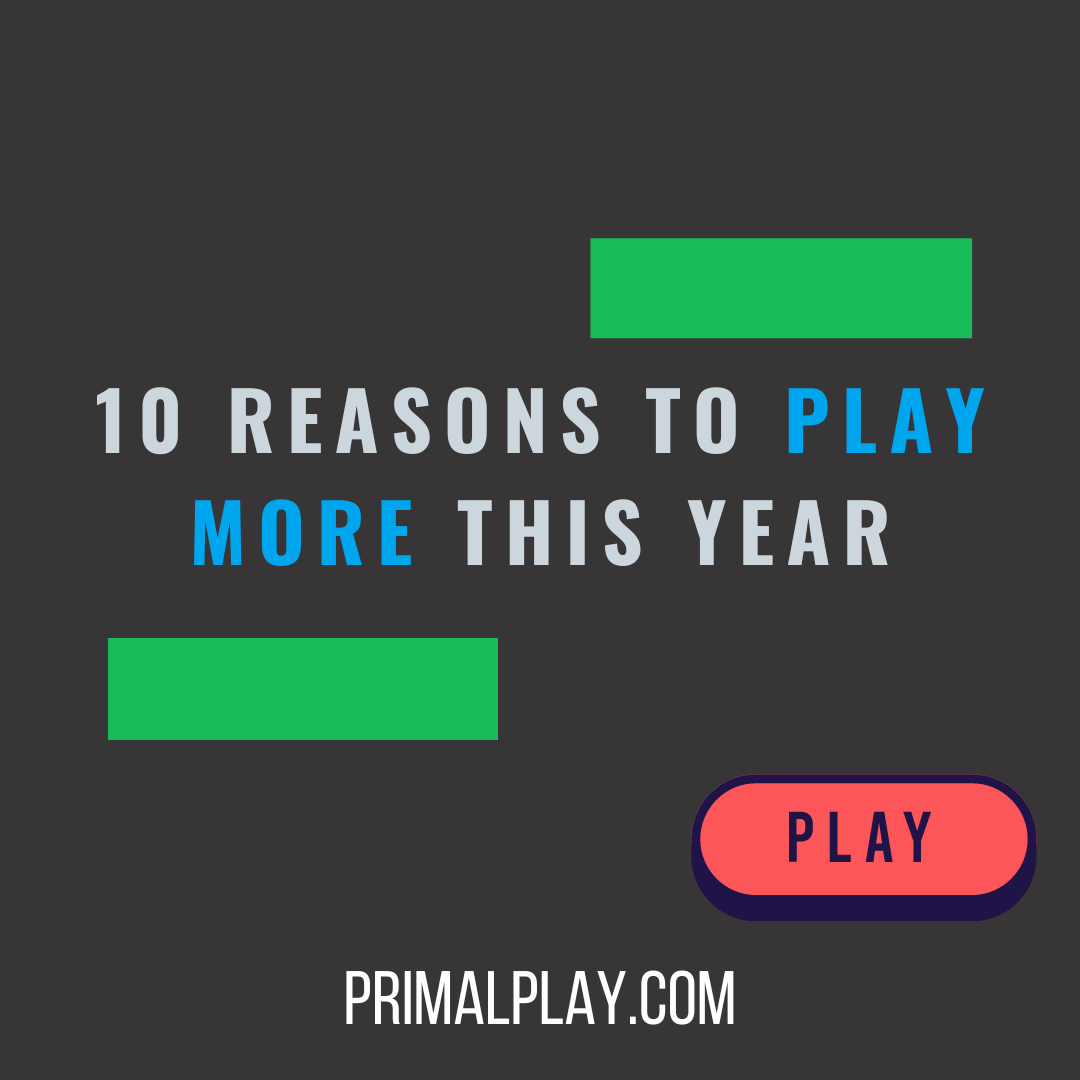The Science Behind The Primal Play Method: Play Psychology
Why Play Psychology?
The Primal Play Method
The science behind the Primal Play Method: Play Psychology
The Primal Play Method™ utilises the science of Evolutionary Biology, Exercise Physiology and Play Psychology.
Defining Play
The experimental psychologist Susanna Millar in the book, The Psychology of Play [1], defines play as:
"any purposeful mental or physical activity performed either individually or group-wise in leisure time or at work for enjoyment, relaxation, and satisfaction of real-time or long term needs."
Defining Playfulness
The author of the book, Play Matters, [2] Miguel Sicart, states that:
"playfulness is more of an attitude where we can take the attitude of play without the activity itself... a way of engaging with particular contexts and objects that is similar to play."
PLAY IS UNIVERSAL
Research supports the notion that play and playfulness are beneficial and necessary for children and adults. No matter how old we are when we engage in play and playfulness, we all benefit from the practice. [3]
Play has been part of many cultures throughout history even beyond the type modelled on human enjoyment. Gameplay has also developed religious rituals that have changed human consciousness, solidifying socio-cultural bonds and identities and communicating with the gods in divinity. [4]
PLAY IS JOY
Play is the process of playing. Sounds obvious, right? Through play, people, especially children, can develop and improve skills across all areas of performance. Play is characterised by one's ability to be spontaneous, flexible, and manifest joy. Play is guided by intrinsic motivation, the freedom to suspend reality through visualisation and imagination, and internal control.
In children, the play process is significant in understanding how a particular child solves problems, processes information, and manages emotional stress. [4]
Maria Montessori said this about play: [5]
"Play is the work of the child."
Time To Play…
PLAY FOR MOTIVATION
Play is also responsible for motivation and enhanced positive effects in both adults and children. Play is developed through natural selection and is beneficial to humans because it gives them the practice needed in the future. Some of the skills associated with play include being ready for the unexpected and cooperation. [8]
"Play is training for the unexpected." [7]
— Marc Bekoff, Biologist
Play comprises freedom, pleasure, and cooperation because of the rhythm and the rules shared by the parties involved. Play helps in learning, especially in play-based childhood education. [5] This is because children pick up on the teacher's playfulness to overcome the power difference between them and teachers, which helps them not get overwhelmed by the rules in the teacher-student dynamic.
Playfulness can be defined as a state of mind in which an individual's thought process is flexible, allowing the individual to be a child or an adult to explore ideas, be creative, encourage creative thoughts, and take risks—a growth mindset rather than a fixed mindset. Playfulness has a positive and significant contribution when it comes to the human experience.
PLAY FOR HEALTH
Humour which is brought about by playfulness, provides connections and meaning globally. Laughter offers health benefits. This is why playfulness is considered a significant factor in people's health and an individual's flourishing. Playfulness is also crucial to both adults and children's emotional stability and different and unique thinking. [4] Being playful allows the people engaged to express themselves and therefore increases their well-being success.
Playfulness has proved challenging to define, especially in adult playfulness, because it exists in different forms, making it difficult to quantify and isolate. Younger age groups view playfulness differently, and what may be considered playfulness for one group may not necessarily be playfulness for another. Play, however, is universal and for everyone.
PLAY IS GROWTH
Play and playfulness are ways in which individuals, both children and adults, find pleasure, increase creativity, and adapt to different situations, especially those with a clear difference in power dynamics between the parties involved—creating equalisation. Play and playfulness are significant when adjusting to life and the demands of ordinary lives. [5]
Play and playfulness are fundamental aspects of human life.
RELATED POSTS:
References:
[1] Millar, Susanna. The Psychology of Play. New York, Penguin Books, 1977.
[2] Sicart, Miguel. Play Matters. Cambridge, Massachusetts, MIT Press, 2017.
[3] Berger, Philipp, et al. "Play and playfulness in psychiatry: A selective review." International Journal of Play 7.2 (2018): 210-225.
[4] Lockwood, Renee, and Sean O'Connor. "Playfulness in adults: an examination of play and playfulness and their implications for coaching." Coaching: An International Journal of Theory, Research and Practice 10.1 (2017): 54-65.
[5] Singer, Elly. "Play and playfulness, basic features of early childhood education." European Early Childhood Education Research Journal 21.2 (2013): 172-184.
[6] Montessori, Maria. The Discovery of the Child. Delhi, Aakar Books, 2010.
[7] Bekoff, Marc. "Play, Play, and Play Some More: Let Children Be the Animals They Have the Right to Be” | Psychology Today United Kingdom. www.psychologytoday.com, 11 July 2011, .
[8] Spinka, M et al. "Mammalian play: training for the unexpected." The Quarterly review of biology vol. 76,2 (2001): 141-68. doi:10.1086/393
Why Play Psychology is an important aspect for the Primal Play Method











